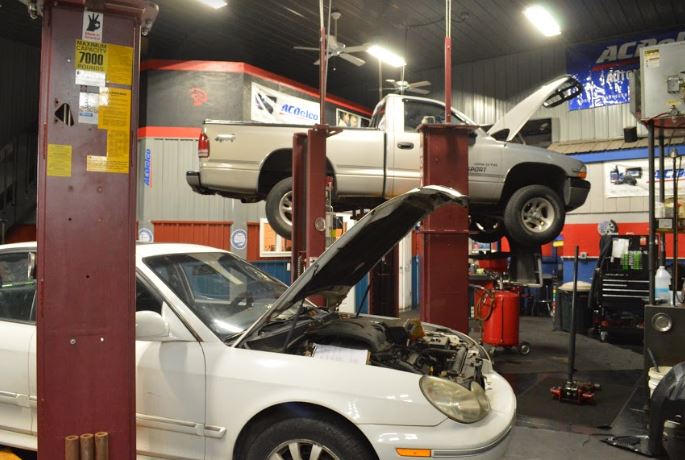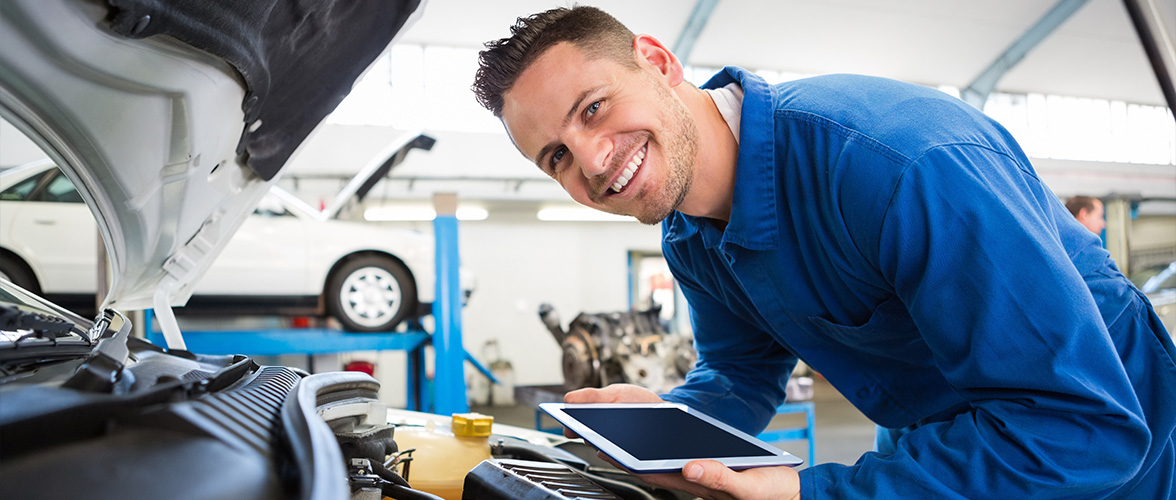All Categories
Featured

[/image]

Your cars and truck's engine is the heart of your car, and keeping it in leading condition is vital for optimum performance and long life. Normal engine tune-ups are a great way to keep your cars and truck's health and wellness, boost gas efficiency, and prevent pricey repair work down the road. Whether you're a cars and truck enthusiast or somebody that simply wishes to keep their automobile running smoothly, these engine tune-up ideas will certainly aid you get the most out of your automobile.
- Replace Spark Plugs. Stimulate plugs play a vital duty in starting your engine and guaranteeing smooth combustion. In time, ignition system can become dirty or put on out, resulting in misfires, lowered fuel performance, and harsh idling.
During an engine tune-up, evaluate and change your spark plugs if required. A lot of automobiles need new ignition system every 30,000 to 100,000 miles, depending on the type. On a regular basis replacing ignition system makes certain correct ignition and optimum engine performance.
- Inspect and Clean the Air Filter. The air filter prevents dirt, dirt, and particles from entering your engine. A stopped up or unclean air filter limits airflow, triggering your engine to work tougher and burn more gas.
Evaluate your air filter during a tune-up and change it if it's dirty. In dusty atmospheres or locations with heavy contamination, you might need to transform the air filter more regularly. A tidy air filter can enhance fuel effectiveness and prolong the life of your engine.
- Check and Replace Belts and Pipes. Belts and hose pipes are vital for different engine functions, such as powering the generator, water pump, and air conditioning system. With time, these components can fracture, battle royal, or break, potentially resulting in break downs.
Throughout a tune-up, check belts and hoses for indications of wear and replace them if required. Changing these parts proactively can conserve you from expensive fixings and prevent unexpected failures.
- Tidy the Gas System. Your gas system, consisting of the fuel injectors and gas lines, can collect dirt and carbon down payments in time, decreasing engine effectiveness. Cleaning up the fuel system throughout a tune-up helps improve performance and gas economic climate.
You can make use of a gas system cleaner or have an expert mechanic execute a more complete cleaning. This action is particularly important for older automobiles or vehicles that frequently drive in stop-and-go website traffic.
- Examine the Battery and Billing System. A healthy and balanced battery is essential for beginning your engine and powering electrical components. Throughout a tune-up, inspect the battery terminals for rust and make certain the links are limited.
Check the battery's voltage and change it if it shows indications of weak point. In addition, have the alternator and billing system evaluated to ensure your battery remains billed during procedure.
- Modification the Engine Oil and Oil Filter. Oil adjustments are a fundamental component of engine maintenance. Engine oil lubes relocating components, decreases rubbing, and helps regulate engine temperature level. With time, oil comes to be polluted and loses its efficiency.
Throughout a tune-up, change the engine oil and oil filter to maintain your engine running efficiently. Follow your automobile's maker referrals for oil type and adjustment intervals.
- Inspect the Cooling System. The air conditioning system stops your engine from overheating. Gradually, coolant can degrade or come to be infected, minimizing its performance.
Examine the coolant degree and condition during a tune-up, and flush and replace it if needed. Inspect the radiator, water pump, and hose pipes for leaks or damage. A well-maintained air conditioning system assists your engine run at the best temperature and stops overheating.
- Check the Ignition System. A malfunctioning ignition system can create beginning problems and minimized engine efficiency. During a tune-up, examine the ignition coils, supplier cap, and rotor (if applicable) Change any type of elements that reveal signs of wear or damages to make certain smooth and trustworthy engine operation.
- Pay Attention for Uncommon Noises. During a tune-up, seize the day to listen for any kind of unusual engine noises, such as knocking, ticking, or hissing. These audios can show underlying problems, such as shutoff troubles, loose components, or exhaust leaks. Addressing these problems early can protect against a lot more comprehensive damages.
- Usage Quality Parts and Fluids. When doing an engine tune-up, constantly use high-grade components and liquids that satisfy your car supplier's requirements. Inexpensive or wrong components can jeopardize your engine's performance and reliability.
Conclusion: A Well-Tuned Engine is Trick to Longevity. Regular engine tune-ups are essential for maintaining your car's efficiency, efficiency, and dependability. By changing worn elements, cleansing important systems, and attending to possible problems, you can keep your engine running smoothly for many years ahead. Whether you're doing it yourself or depending on a relied on auto mechanic, purchasing tune-ups is a clever method to safeguard your automobile and delight in a more secure, smoother experience.
Latest Posts
Recognizing Roofing Warranties: What Homeowners Must Know
Enjoy the Flavors of Yesterday's Tavern
Discover Top Vision Solutions in Panama City, FL – Eye Center South Specialists